Kenya. Nairobi. Korogocho.
Korogocho is the third largest slum in Nairobi, after Kibera and Mathare. The name ‘Korogocho’ comes from the Kikuyu language and means ‘mess’, “chaos” or ‘rubbish’. This term aptly describes the reality of life for many residents, but also the complex social structures that characterise this place.
Located in the Kasarani district, Korogocho is in the east of Nairobi. It borders the neighbourhoods of Kariobangi, Dandora and Lucky Summer.
An estimated 150,000 to 200,000 people live in an area of only about 1.5 square kilometres – crammed together, often without access to basic infrastructure such as clean water, electricity or medical care.
The majority of the population works in the informal sector or is unemployed. Only a few find formal, paid employment. Many slum dwellers are forced to keep their heads above water through creative or improvised activities.
Reality | Living conditions in Korogocho
An estimated 150,000 to 200,000 people live in an area of only about 1.5 square kilometres – crammed together, often without access to basic infrastructure such as clean water, electricity or medical care.
The majority of the population works in the informal sector or is unemployed. Only a few find formal, paid employment. Many slum dwellers are forced to keep their heads above water through creative or improvised activities.
“Boma” | Surviving on Dandora rubbish dump
Right next to Korogocho is the notorious Dandora rubbish dump, one of the largest open rubbish dumps in Africa. The slum dwellers call it “Boma”. Every day, thousands of people – including many children – comb through the mountains of rubbish in search of food, recyclable materials such as plastic or metal, or simply a glimmer of hope.
According to estimates, up to 60% of children from Korogocho regularly go to the rubbish dump to earn extra money for their families. Working at the dump is dangerous, hazardous to health and reflects the desperate poverty of the slum population.
“Start ups” | Grass roots NGOs in Korogocho
Naturally, there are also numerous NGOs in Korogocho. One of the most established is the Ayiera Initiative, founded by former footballer Hamilton Ayiera Nyanga. However, there are also many smaller grassroots NGOs, such as TEDS COMUNITY HUB and the WAKULIMA YOUTH GROUP. Others are MASHINANI LEAGUE or the so called COVID GYM.
These new, relatively small NGOs demonstrate one thing: Korogocho is a place of miracles, a place of wonder. Here we present some of these impressive initiatives – start-ups, so to speak. And this in a world where one might assume that nothing can work in such extreme poverty. But the opposite is true.
“Miracles” | How small initiatives change the slum
Here are a few examples of how the initiatives in the Korogocho slum are working wonders. They started without any government or other support. They want to change the slum. And since they started, they have been doing so every day.
TEDS COMMUNITY HUB
Our first example is TEDS COMMUNITY HUB. It was founded by Teddy Omondi, who himself worked for the Ayiera Initiative for more than ten years. His organisation also opens its doors to disabled children and young people through football.
As in many initiatives, football is the key to work. This means that children always enjoy coming together where they can play football. But they also receive – not only football – training. Coaches like Evans and others are not just ‘football teachers’. They are also important points of contact for the children.
Here they learn the rules and discipline, have fun and can talk – even about things they would never discuss at home. The coaches thus become their mentors. This is a word that older people often use when talking about their time playing football as children.
Every Saturday, it provides a hot meal for hundreds of young people, has a small library and is open from Monday to Saturday for children and young people. It thus also offers a safe place for them to come together.
School fees today for a better future
Teddy Omondi is one of those mentors who is mentioned very often in this context. This means that they trusted him as children and now value him as someone who can also help and guide them with other challenges.
In the middle of the Korogocho slum, in the village of Ngomongo, he and his team have set up a small room as a ‘library.’ There, after school, the children can take books from the shelves and do their homework. They can draw or paint or simply chat with each other and with the team members.
In addition to football, TEDS COMMUNITY HUB offers various other types of support for the children. For example, a German NGO pays school fees. There are many extremely poor families who would otherwise not be able to afford to send their children to school.
Education is the key to all future prospects. However, there are only two (!) state primary schools in the whole of Korogocho. Fees must be paid for the others. Added to this are the costs of books and compulsory uniforms.
Inclusion as an important goal
Another focus is the inclusion of children with disabilities. Disabilities are still a major taboo in the slums – and not only there. In a society like Kenya’s, some families are ashamed of their relatives’ disabilities. Or they are afraid that something might happen to their children if they go out alone.
WAKULIMA YOUTH GROUP
Anyone who is sceptical about using the word ‘miracle’ in connection with the Korogocho slum would have to admit by now: this is out of this world! The boys and girls of the WAKULIMA YOUTH GROUP are among the ‘silent heroes’ of Korogocho. Most of the time, you don’t even notice what they do.
What the young people of the WAKULIMA YOUTH GROUP have started is more than impressive. One evening they sat together, shortly after the COVID experience. As young people do, they chilled out, hung out, talked and laughed, discussed and philosophised.
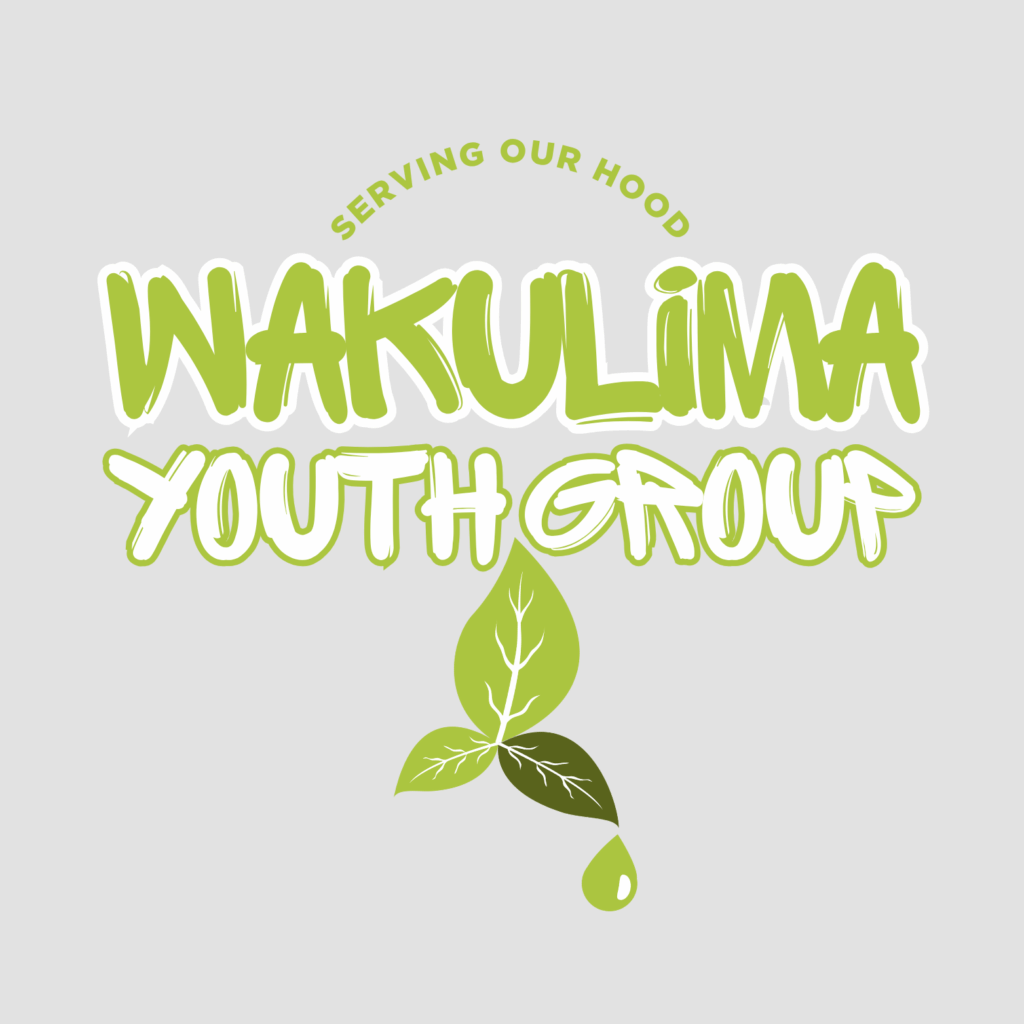
Suddenly, a young woman said, ‘You know, we should do something instead of just hanging out and doing nothing all the time!’ Seeing the questioning looks on their faces, she immediately answered, ‘We could clean up a corridor between the houses and plant something green there.’
Not just talking, but doing
Everyone was enthusiastic, and they got started right away. Where rubbish used to end up (there is no rubbish collection in Korogocho!), grass and plants are now growing. There is a cosy corner where they sit together when they hold their ‘meetings’. Every week, they clean the streets in their neighbourhood, collect plastic and metal, clean it – and when they have enough, they sell it to one of the rubbish dealers.
With the money, they buy what they need: hammers, rakes, shovels and other tools. It’s a miracle! They started without any support. They say they want the place to be better in the future than it is today.
Add Your Heading Text Here
The boys and girls now have chickens in their backyard. They feed them, and in return, the chickens lay eggs. These eggs are not only for eating, but can also be sold.
What began as an idea less than four years ago is increasingly developing into a great example. And it’s not just ‘spirit,’ but concrete work for the good of the community. Last but not least, it’s also an example of how young people aren’t just troublemakers (as some older folks see them).
On the contrary, they have long since become role models in an extremely poor neighbourhood of the Kenyan capital, setting an example for others to follow.
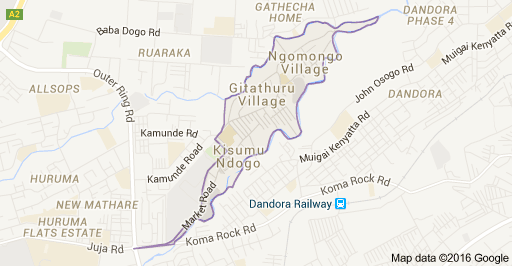
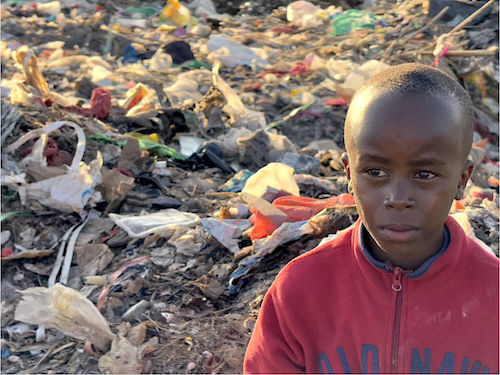
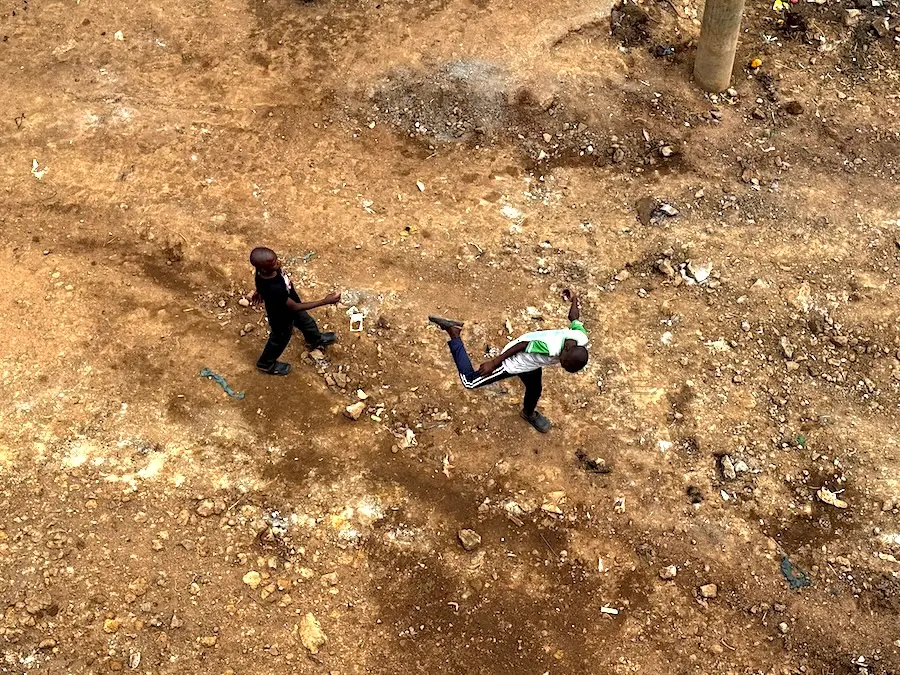
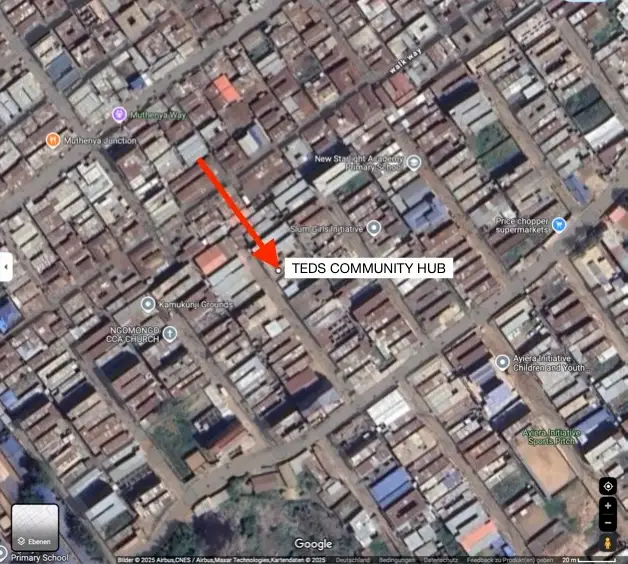
Hi, this is a comment.
To get started with moderating, editing, and deleting comments, please visit the Comments screen in the dashboard.
Commenter avatars come from Gravatar.